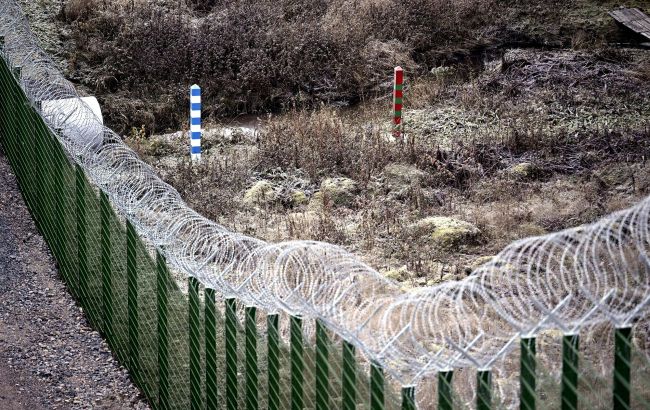Finland tightens control on border with Russia, phones will be tracked
 Finland-Russia border (Getty Images)
Finland-Russia border (Getty Images)
The Finnish Border Guard will gain new capabilities to monitor the movement of people near the Russian border. This has become possible thanks to the recent authorization of radio-technical surveillance, citing Yle.
The need to strengthen border control arose due to provocations by Russia involving migrants from Arab and African countries, who "stormed" Finnish checkpoints at the end of 2023 and the beginning of this year.
From now on, border guards will be able to track the movement of mobile phones and other devices transmitting radio signals, both on the Finnish and Russian sides of the border.
The Commander of the Border Guard, Juho Vanhatalo, noted that these new capabilities will significantly enhance the service's ability to respond to potential threats such as smuggling or illegal border crossings. He explained that radio-technical surveillance will not intercept the content of radio communications but will only determine the location of signal-transmitting devices.
Monitoring can also cover the Russian side of the border, allowing for the timely detection of suspicious activity. This is especially important in the context of Russia's use of refugees to create crises at the Finnish border.
The head of Telia Finland's mobile networks department, Timo Hietalahti, added that a mobile phone signal can be detected at a distance of up to 30-40 kilometers, provided there are no obstacles, which significantly expands the possibilities for control.
Russia-Finland border
In the fall of last year, Finland faced a sharp increase in the number of migrants from Somalia and Iraq at its border with Russia. Official requests for explanations of the reasons for such an influx of migrants were either ignored by the Kremlin or met with denials of involvement.
A journalistic investigation later revealed that Russian security structures were behind the surge of migrants. According to the investigation, the same structures that previously provoked similar situations on the Poland-Belarus border were involved in orchestrating this border crisis.
The border between Finland and Russia was closed, a decision that remains in effect. Finland also decided to deport migrants who managed to enter the country illegally back to Russia.
At the same time, Finland continues to support Ukraine in its fight against Russia. Russian security forces partially organized manipulations on the shared border with Russia for this reason.
Helsinki has frozen bilateral relations with Russia until the end of the Russia-Ukraine war. President Alexander Stubb also expressed the view that Finns should prepare for the possibility that Russian aggression could reach the Finnish border.

